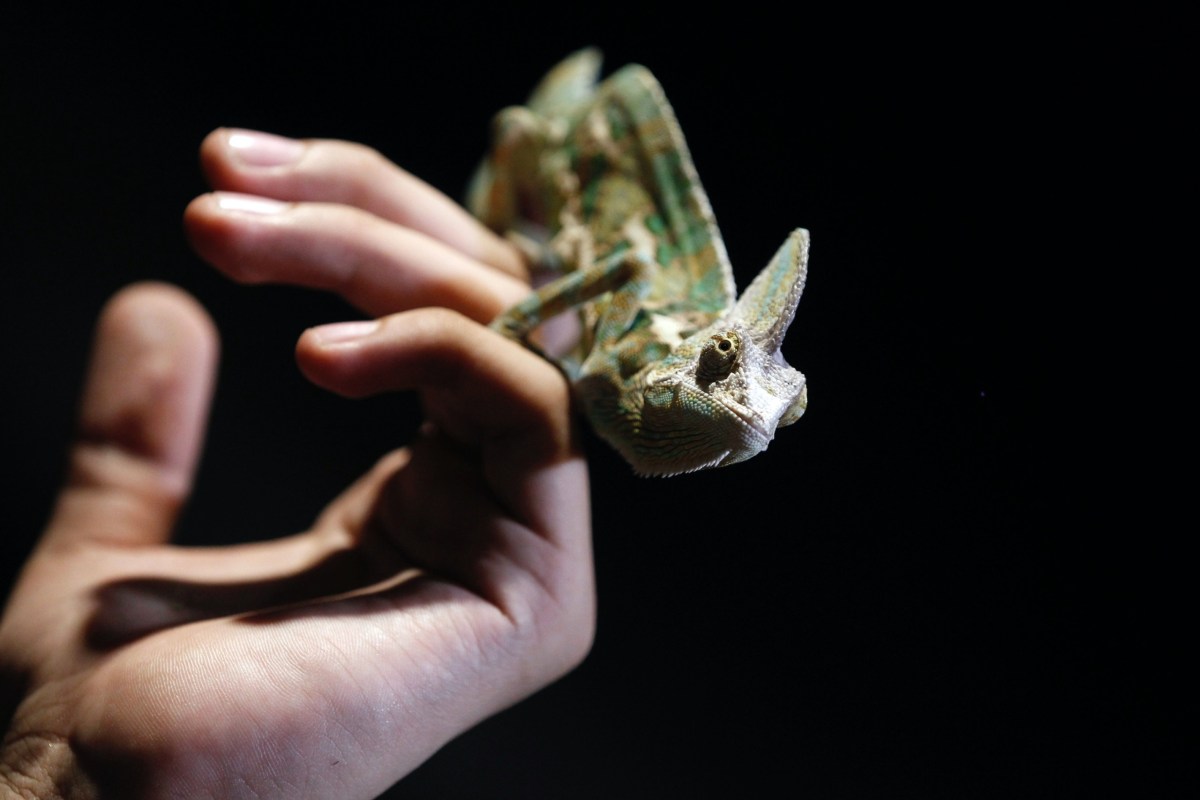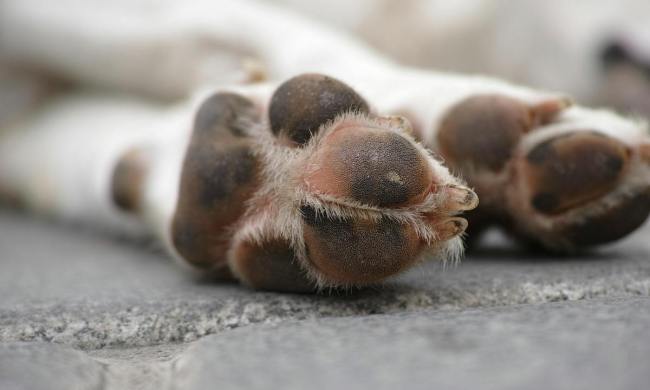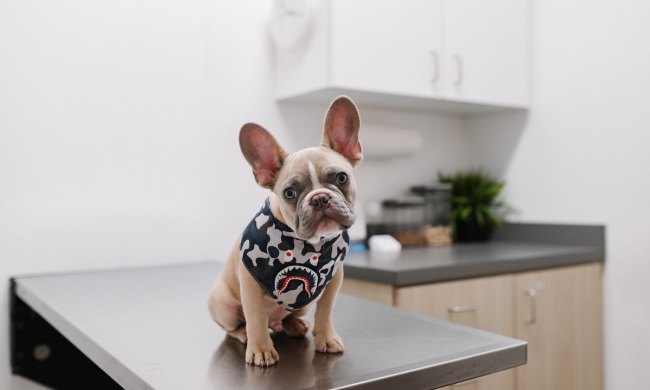You’ve set up your new chameleon’s enclosure, you’ve purchased the correct food, but do you know how to keep your new pet as happy as can be? There’s a lot more to owning a chameleon than keeping them fed and watching them change colors, but it can be just as rewarding a process as it is demanding. In some ways, chameleons need more frequent and more exact care than a lot of other reptile species, but in other ways, they’re quite low maintenance — don’t worry, we’ll explain!
These fascinating creatures give their owners the chance to experience phenomena other pet owners won’t get to, such as color changing and shedding, which are behaviors unique to reptiles. However, these unique behaviors can also lead to some unusual health issues that all chameleon owners should be prepared to handle. In the following few minutes, you’ll get to read up on chameleon care and everything you need to know about shedding, loneliness, and other health concerns.
Common chameleon health issues
A key to keeping your chameleon happy and healthy is to make sure they have the right amounts of vitamins in their diet. According to Chameleon Care, these reptiles can be susceptible to nutritional deficiencies such as a lack of calcium or vitamin D, which results in symptoms such as:
- soft, brittle bones
- leg and spinal deformities
- lethargy and lack of appetite
- weight loss
On the other end of the spectrum, too many vitamins can also cause health problems in chameleons. Another source notes that an excess of calcium or vitamin D can result in edema, or excess fluid in the body (via Chameleon Breeder). This is almost exclusively an issue with dietary vitamins, and a UV light can help supply some of the same vitamins without the risk of overindulgence.
Chameleons are incredibly sensitive to chemicals, especially in the air, so keeping them away from household cleaners and air fresheners is always a good idea. This is another reason to avoid aromatic “substrate,” or bedding — such as cedar or pine shavings — for your pet’s enclosure. Instead, old newspaper works just as well without holding any of the moisture that can promote the growth of fungi and bacteria (via Avian and Exotic).
It’s not only the chameleons we should be looking out for. Reptiles are known carriers of bacterial pathogens such as Salmonella, which can be transferred from pets to people. Luckily, washing your hands can be a quick fix for this risk.
Do chameleons get lonely?
Although chameleons are prone to a few health problems, you may be surprised to know that they don’t tend to suffer from as many known emotional stressors. For example, they do not get lonely. In the wild, chameleons are solitary creatures, and the same should be true in captivity. Adding a second chameleon to the enclosure will probably only result in unnecessary stress and even anger for both chameleons — and you!
According to National Geographic, chameleons are highly territorial, males especially. When two males face off, you’ll probably see a crazy display of color, which is their way of fighting for dominance. A male may sometimes attempt to impersonate a female by changing his color, but this tactic isn’t always as low profile as they intend it to be.
As much as some pet owners want to believe that they’re the exception to a chameleon’s desire to be left alone, they’re unfortunately not. Although chameleons can (and often do) learn not to fear humans, they do not possess the same emotional capacity as mammals do to bond with their people. That’s not to say that a chameleon can’t enjoy the time they spend with their owner, though! Especially if their favorite treat is involved.

What you need to know about chameleon shedding
Chameleons tend to shed more often when they’re young to make room for growth and renew old skin. Still, adult chameleons will shed regularly, producing flaky white skin that will eventually rub off (via Reptifiles). Before shedding, your pet might have a duller color or exhibit some behavioral changes, like lethargy or loss of appetite.
Sometimes, a chameleon can have a little trouble shedding their entire skin. If you notice persistent white flakes, you can help your buddy out by upping the humidity in their enclosure, either with a fogger, humidifier, or a good old-fashioned spray of water (via Madcham). However, do not apply petroleum jelly or moisturizer of any kind to your chameleon’s skin, no matter how hydrating it may be to your skin! If your pet is still having trouble shedding, a veterinarian can guide you toward the best course of action.
Now you know! From malnutrition to dehydration, there are certainly a lot of health issues to look out for while learning to care for your new pet. As you get to know your chameleon, though, you’ll begin to learn what’s normal and abnormal for them, so not every lazy day will be a cause for concern. You’ll be a pro at reading your pet, and they’ll be tickled pink (or blue, or green …) by your care. With some knowledge and a little TLC, you and your chameleon will be best buds in no time — and for a long time!




